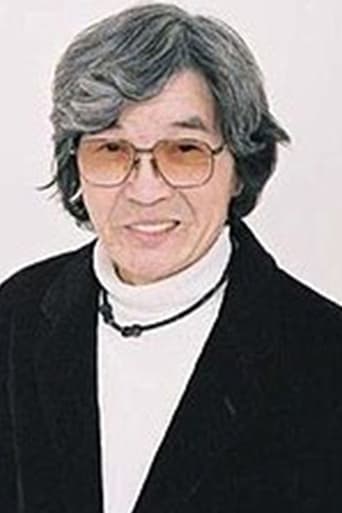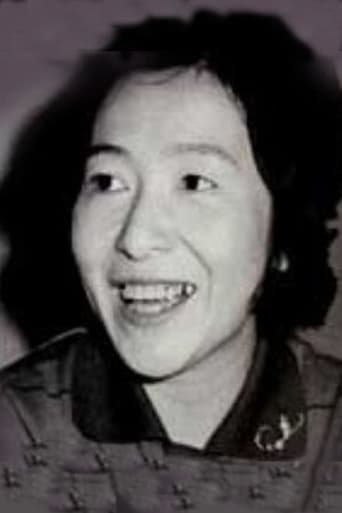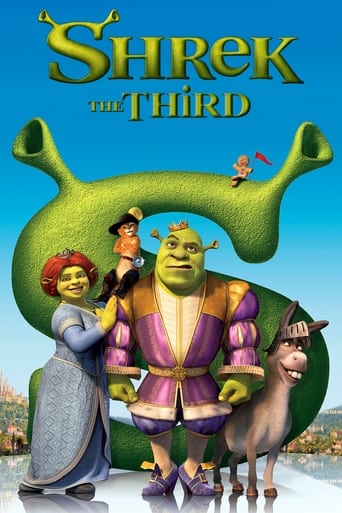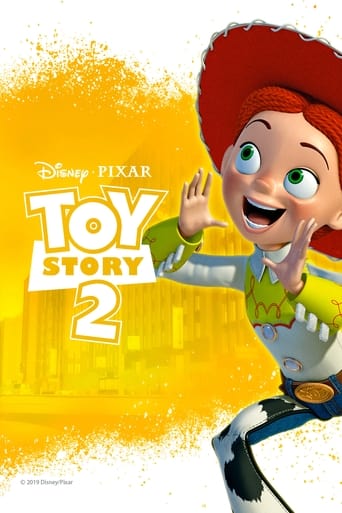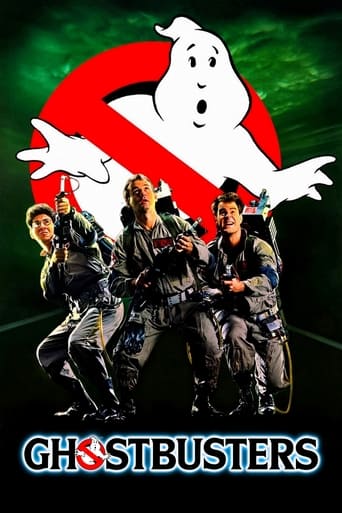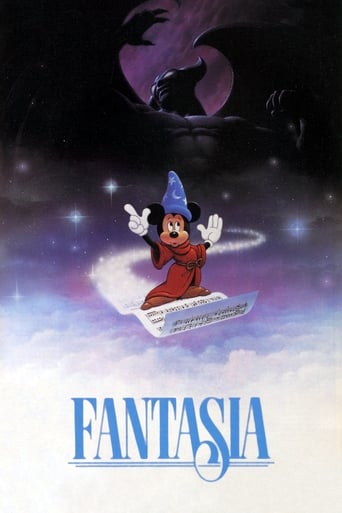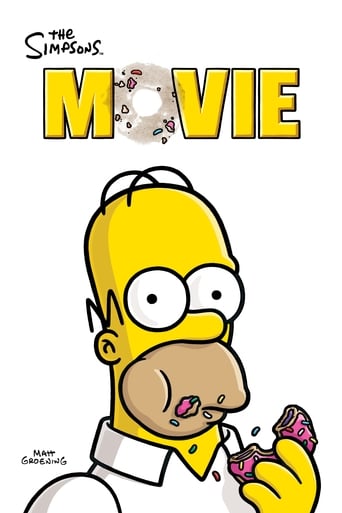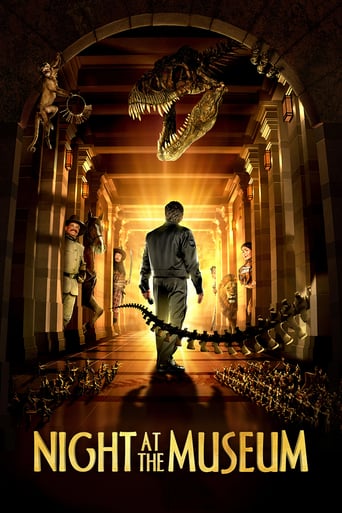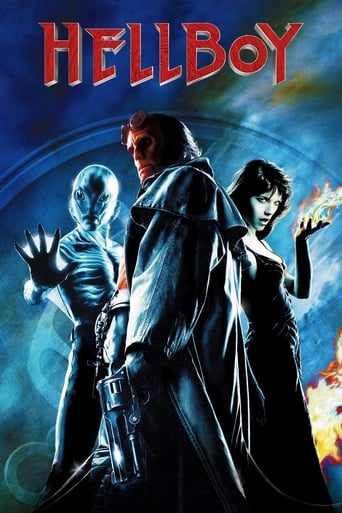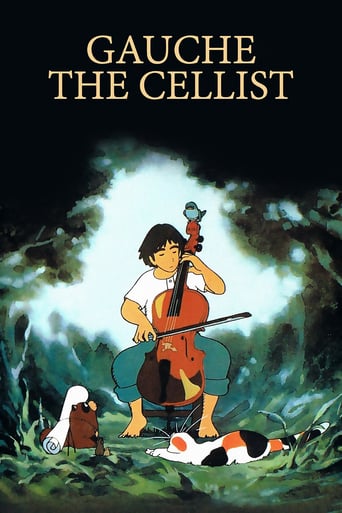
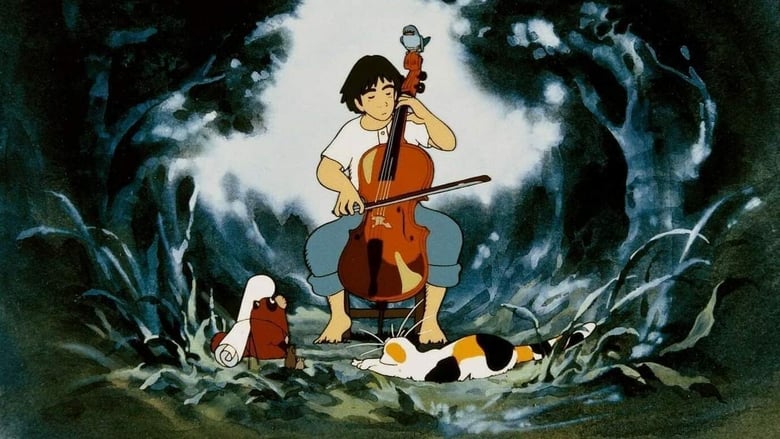
Gauche the Cellist (1982)
Gauche is a diligent but mediocre cellist who plays for a small town orchestra and the local cinema in the early 20th century. He struggles during rehearsals and is often berated by his conductor during preparations for an upcoming performance of Beethoven's Sixth Symphony. Over the course of four nights, Gauche is visited at his mill house home by talking animals as he is practicing.
Watch Trailer
Cast


Similar titles
Reviews
It's a movie as timely as it is provocative and amazingly, for much of its running time, it is weirdly funny.
The story, direction, characters, and writing/dialogue is akin to taking a tranquilizer shot to the neck, but everything else was so well done.
The movie's neither hopeful in contrived ways, nor hopeless in different contrived ways. Somehow it manages to be wonderful
There are moments that feel comical, some horrific, and some downright inspiring but the tonal shifts hardly matter as the end results come to a film that's perfect for this time.
I was expecting to connect emotionally with this film, since I found that I'm a sucker for movies/TV shows/commercials that have big "everything-changes-for-the-better-and-you-prove-everyone-else-wrong" scenes. I mean, have you seen that inspiring Pantene commercial? Unfortunately, "Goshu the Cellist" didn't do that for me.I felt like this movie lacked character development. All that was shown were different animals coming to Goshu's house each night and requesting him to play the cello for them over and over again. I felt like there was no development in Goshu's part. His playing seemed all right in the beginning. There were no loud pauses or screeches or anything that showed that Goshu needed to improve. It was the same until the very end. Maybe Goshu's personal development was only caught by people with a more professional musical ear.While watching this, I got reminded of "Bambi", "A Christmas Carol" and "Aesop's Fables". Those are all great works, so I didn't understand why "Goshu the Cellist" didn't make me feel anything throughout the whole movie, even until the very end. This film was made for children, seeing as it is a fairytale, though a few people who are older, may find some kind of enjoyment in it, I guess. Not for me, though.Viewed on: May 2, 2011
Isao Takahata's film, based on a Kenji Miyazawa story, about a cellist who is taught by animals to play better. It's a beautiful movie that is a nice marriage of sound and music. Coming from one of the founders of Studio Ghibli the style of animation is a close to but not a duplicate of the Ghibli house style. Emotionally the film seemed a bit distant to me. I could enjoy what I was seeing but at the same time I didn't feel as emotionally connected to what was going on. Normally with Takahata's films I have some form of emotional connection but this time I didn't. Its not bad, but I wanted to feel more at the end. That said this is definitely worth a look because its so beautiful its a must see
Takahata begins the story of a cellist having difficulties with his performance within an orchestra. They are training Beethoven for a music competition as the deadline is closing. The conductor seems to have problems pinpointing the exact problem with Goshu's play. First he tells he's lacking behind, then he suggests he's out of tune and finally he explains that he has no sense of expression. I can't but wonder this kind of indecisiveness in supposed to be professional orchestra leader. Goshu trains very hard by himself, but that doesn't help him to get better in sync with other players in the orchestra (somewhat a logical conclusion).While Goshu is training, the animals start to visit him, asking him to play for them. First one is the cat telling him to play something different for a change. He is immediately hostile toward the animal and decides to torture the cat with a simple tune called 'Indian tiger hunt'. The cat is now in terrible agony and tries to escape the torture. Next one in line is a woodpecker. He is still irritated, but now he agrees to play two notes over again with the bird for a while until he loses his temper again. Goshu (the musician) doesn't seem to understand when the bird is explaining him that two notes always sound a little different when played repeatedly and frightens the bird away. The third animal is a raccoon playing drums with him. It tells Goshu that he is not in sync with drums and then it leaves. Finally he cures a mouse pup by putting it inside the cello and playing some random tune. His reactions towards the animals are now less hostile and he has mastered his technical and expressionistic difficulties by these exercises. In the competition Goshu exceeds all expectations made for him by somehow surpassing all other players of the orchestra also now in sync with them. He's asked to play an encore and not yet convinced of his improved skills decides to play the 'Indian tiger hunt', clearly marked as not so much of a song. He still manages to convince everybody with his improved skills of performance even with this beginner class song.The film is supposed to tell a story about music, but it doesn't work as whole because Takahata can't decide in what part he should concentrate in. It would be easy to judge that he doesn't know much about music and decides to tell an innocent story about art of teaching instead, just masked to be a story about music. However perhaps the lessons are made so simple and incoherent just that the audience can easily follow the links of the teachings to Goshus multidimensional problems as a cellist. I think this movie would have worked better if instead of a instrument player it would have told a story about composer stuck with some piece he's been working at. It fails to be great movie because lack of depth and consideration in both dimensions of the story. It is also too short to take advantage of all the possibilities which could have been utilized. However it shows some signs of a good movie such as character development. It doesn't contain major holes even tough all the lessons that Goshu receives don't seem to fit perfectly in the greater picture. Finally it is one of the few movies that at least in part, tries to tell a story about music.It was an interesting experience for me and it shows great promise for future works of Takahata. It's also nice to see how well Takahata's skills have developed after this movie in works such as 'Grave of the fireflies' which succeeds in those aspects this movie fails at.
I just watched this film the other night with a bunch of other college aged students. We all had a blast. This is a great film for kids to watch as it contains only a tiny bit of mild animated violence, no profanity, and plenty of laughs.



